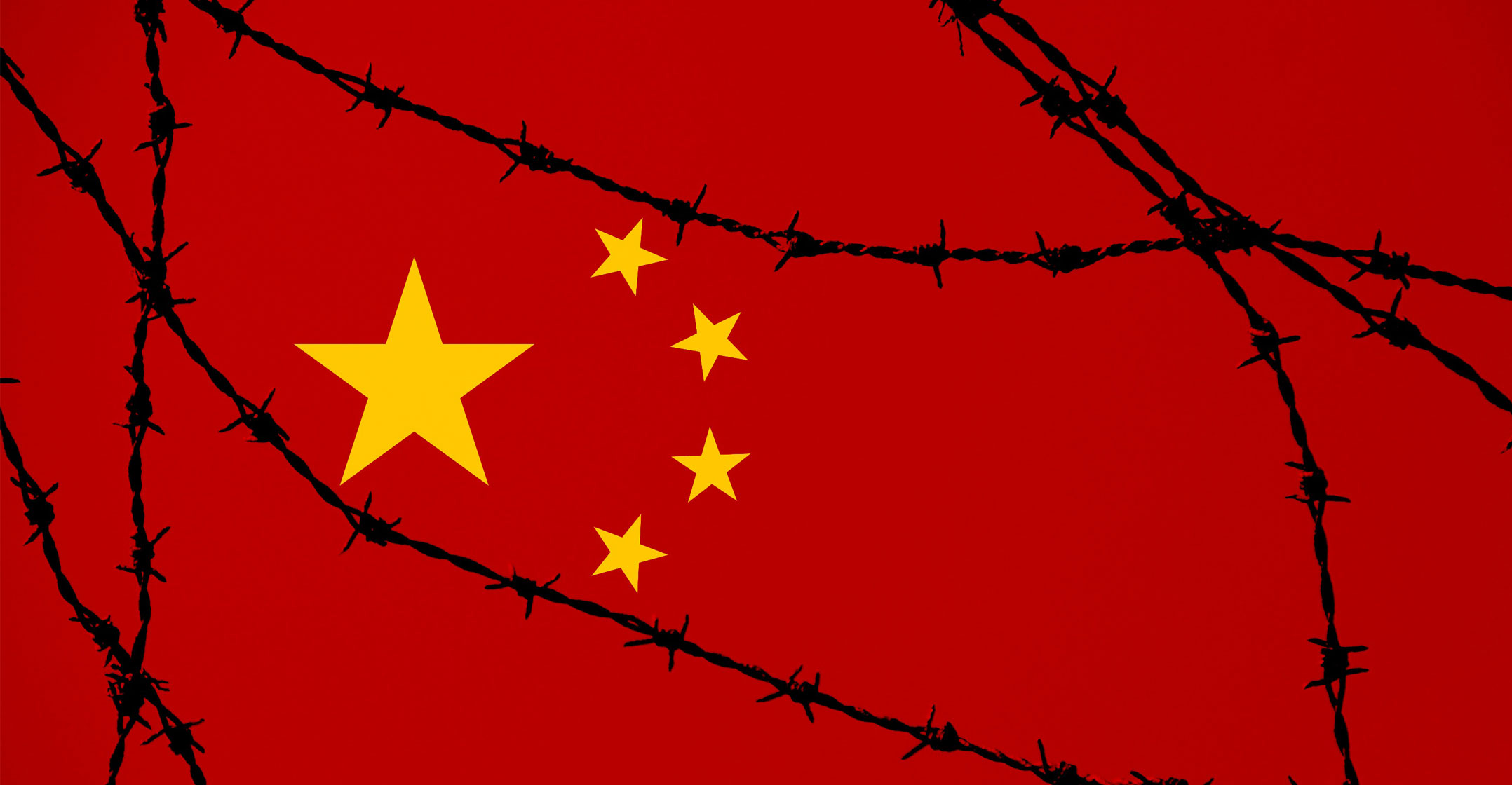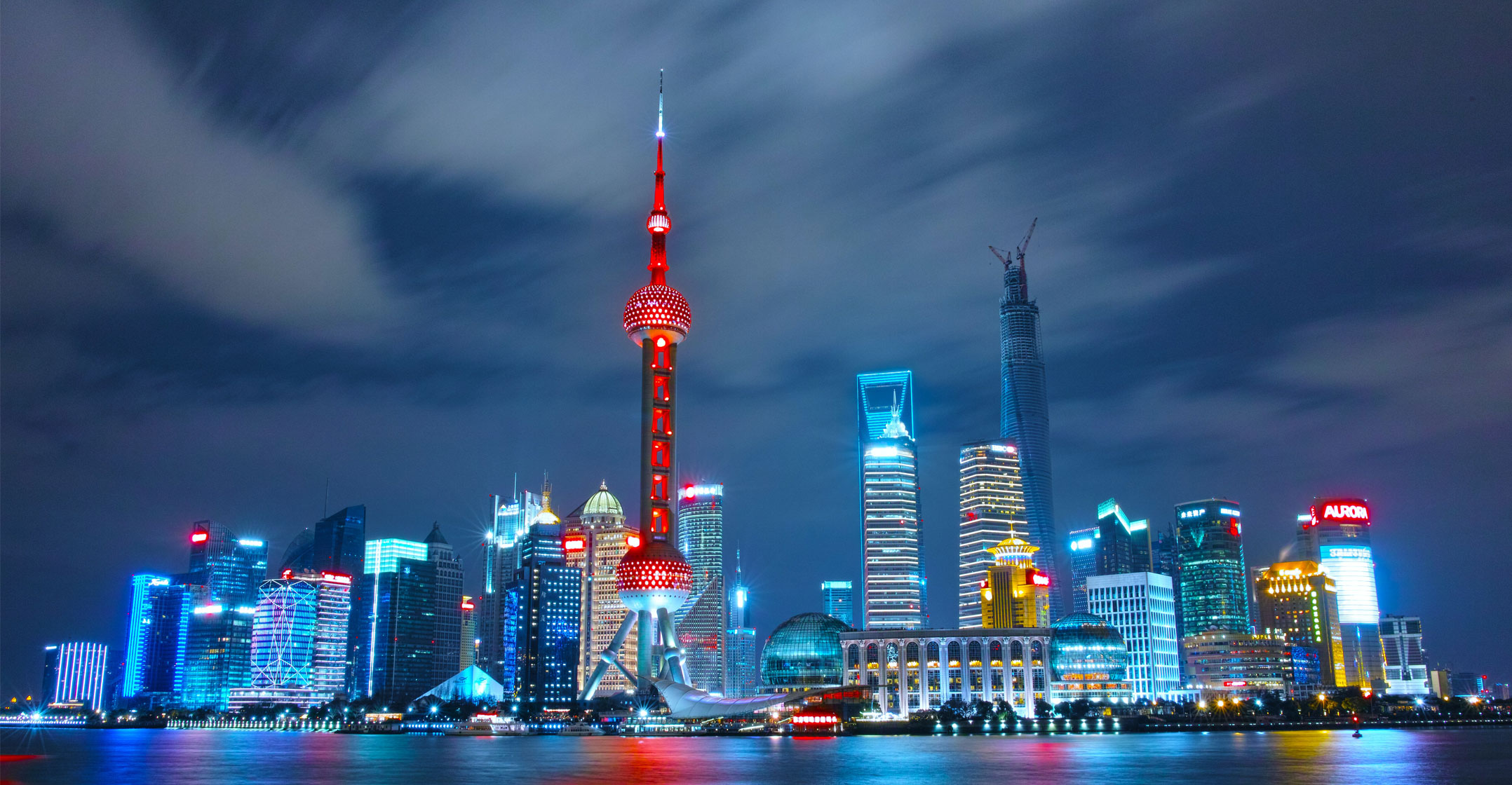 When China began allowing private businesses and foreign investment four decades ago, many outside the communist country expected that as its economy became more capitalist, its politics also would become more democratic. They didn’t. Instead, the Chinese system, which puts stability and cohesion ahead of individual freedoms, became adept at delivering prosperity, with the Communist Party still firmly in control. For Beijing, its success legitimises its model as an alternative to the liberal values of the West, an idea the US and its allies have resisted. It’s a debate that plays out on a variety of fronts, from combating the Covid-19 pandemic to reining in Big Tech.
When China began allowing private businesses and foreign investment four decades ago, many outside the communist country expected that as its economy became more capitalist, its politics also would become more democratic. They didn’t. Instead, the Chinese system, which puts stability and cohesion ahead of individual freedoms, became adept at delivering prosperity, with the Communist Party still firmly in control. For Beijing, its success legitimises its model as an alternative to the liberal values of the West, an idea the US and its allies have resisted. It’s a debate that plays out on a variety of fronts, from combating the Covid-19 pandemic to reining in Big Tech.
The situation
One consequence of China’s transformation from a country struggling to feed its one billion people into a nascent superpower has been a growing rivalry with the US, fuelled by suspicion in Washington that the Chinese aim to supplant American hegemony, and fear in China that its rise could be stymied.
Flash points are numerous. The US has banned telecommunications giant Huawei Technologies from installing 5G mobile network gear, calling it a national security threat, and is restricting access to its capital markets. China cited national security as it imposed a new law on Hong Kong to squash a pro-democracy movement that it accuses the US of fomenting. Washington has condemned the mass detention of Uyghurs, a mostly Muslim ethnic group in western China; leaders in Beijing say it’s done to fight terrorism.
The coronavirus has engendered rancour as well. China has brandished its relatively low infection and mortality numbers as evidence of how a strong central authority can better navigate crisis. The US, citing Beijing’s aversion to free speech, has accused China of stifling early warning signs and thereby squandering the chance to contain it, as well as hindering the search for the origin of the virus.
The background
From Louis Vuitton stores in Beijing to a buzzing stock exchange in Shanghai, the trappings of capitalism are ubiquitous in China. So, too, is the hand of the state. This mix of market economics and central control emerged from the trauma of the decade-long Cultural Revolution, which ended when Communist Party patriarch Mao Zedong died in 1976. Taking over a poor and fractured country, Deng Xiaoping made developing the economy the priority, even if it meant contravening core communist ideology that factories, farms and businesses should be communally owned. What emerged was far from laissez-faire.
The dominance of state-owned banks helped turn massive pools of savings into financing for roads, rail links and ports. When foreign firms set up shop in China, many were forced to do so with a local partner, thereby inducing the transfer of technology. As a result, the economy grew 90-fold over the next four decades, helping forestall calls for political reform.

Under President Xi Jinping, the party ensures it is well-ensconced in ever-more ways. Direct elections are allowed only for some lower-level jobs; horse-trading among party elders determines who climbs the political hierarchy. The party has stoked national pride with Olympic gold medals and missions into space along with increasingly slick propaganda. Tight controls on mass and social media stifle dissent. The government has nurtured world-beating companies developing cutting-edge technologies such as facial recognition and artificial intelligence – tools that can be used to track challengers to its rule. Billionaires are tolerated as long as they toe the party line. A campaign against corruption that’s punished a million bureaucrats aims to ensure everyone stays in line.
The argument
Beijing argues its model inoculates policymakers from the short-term demands of an election cycle, creating the stability needed to plan and execute long-term strategies. (The lifting of term limits under Xi in 2018 means he now could stay in office indefinitely.) Centralised power also allows for decisive action such as rapidly quarantining millions in a health crisis. China set new boundaries for its most powerful technology companies seemingly overnight, while US antitrust scrutiny of its tech giants is likely to take years.
But there’s also much in China that’s maligned. The lack of checks and balances has led to ruthless enforcement of the party’s rule, such as the 1989 killing of protesters in Tiananmen Square and its treatment of the Uyghurs. Xi’s dismantling of the norms for succession put in place after Tiananmen creates a risk of infighting and long-term instability. A monopoly on power also means the party is its own watchdog, leaving the system susceptible to abuse. That can be in the form of falsified economic statistics or bribe-taking cadres. In the case of Covid-19, it allowed doctors trying to raise the alarm to be suppressed by local officials, who were more focused on maintaining order and staying in the good graces of the central government than the threat to those living in the city they governed. — (c) 2021 Bloomberg LP

